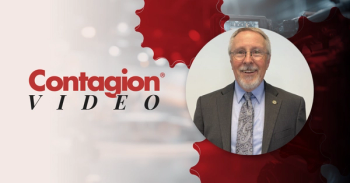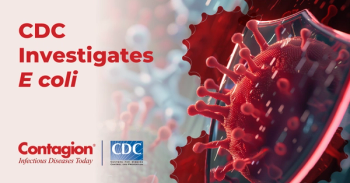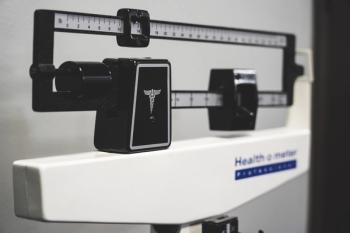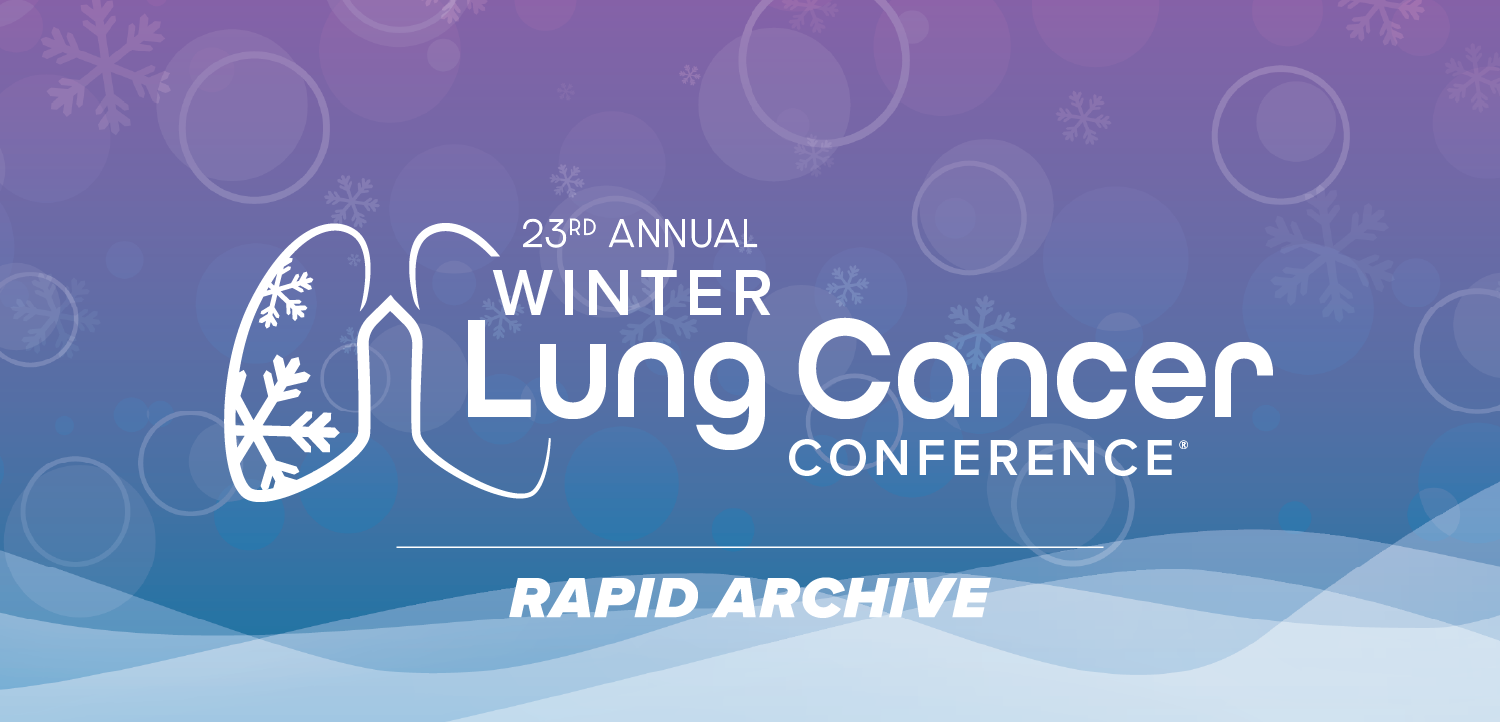
Merck Ramps Up MMR Vaccine Production as Demand Grows
Merck, the sole supplier of the MMR vaccine in the United States, is increasing production to meet growing demand from areas where measles outbreaks are ongoing.
Merck & Co announced Wednesday that the company has increased production of the measles, mumps, rubella (MMR) vaccine to meet increased demand that has grown as a result of the greatest number of measles cases in the United States in 25 years,
As of April 26th, there have been 704 confirmed cases of measles across the United States, according to the US Centers for Disease Control and Prevention (
In recent weeks, many public health officials have
Merck is the only supplier of the MMR vaccine in the United States and indicates that although demand has increased, there has not been a “surge” in demand requiring significant increases in distribution of the vaccine across the nation.
“Despite what we’ve seen as a huge uptick in the number of cases...the demand side of the equation hasn’t been outstripping our underlying capacity,” Mike Nally, chief marketing officer of Merck, said in an interview cited by Reuters.
Earlier this week, the company announced that during the first quarter of 2019, sales of the MMR and chickenpox vaccines rose about 10% to $343 million. According to Nally, the increase is largely attributed to sales to private clinics, which “pay more than the government for the vaccines.” Nally also noted that there has not been an increase in MMR purchases from the CDC, which is a large supplier of vaccines amongst children through the Vaccines for Children program.
The largest ongoing measles outbreak in the United States is concentrated in New York City, with 423 confirmed cases reported since October in Brooklyn and Queens. The initial case of measles in this outbreak was acquired in Israel by an unvaccinated child who returned to New York. Since then, additional travel-based cases have been confirmed and have spread to non-travelers. New York City health officials
In an exclusive interview, Contagion® spoke with Aaron E. Glatt, MD, chairman of the Department of Medicine and a hospital epidemiologist at South Nassau Communities Hospital, who is also an Orthodox rabbi in 2 New York congregations and a spokesperson for the Infectious Disease Society of America.
“As a physician and orthodox Rabbi, I have tried to be extremely vocal in disseminating appropriate medical and religious information to stop and prevent such outbreaks,” Glatt said. “It is critically important to know the real science behind the phenomenal efficacy, benefit, and safety of the vaccine. MMR is truly one of the greatest lifesavers in medical history.”
Glatt further reinforced that anti-vaccine attitudes are not reflective of any specific religious or ethnic backgrounds and that many health care providers from the orthodox community are working to correct misinformation. “Recently, 500 orthodox physicians in the Jewish community publicly proclaimed the importance of the MMR vaccination. Similar efforts by nurses and other health care professionals are invaluable in combating the totally incorrect and often times ignorant approach of the anti-vaxxers.”
When discussing the particular epidemiology of this outbreak, Glatt who is also a clinical professor of medicine at Icahn School of Medicine at Mount Sinai, reports that several cases in this outbreak have been documented in infants under the age of 1 year. Because of this, MMR vaccine recommendations have been pushed up.
“We have currently recommended that the first dose be given at the age of 6 months to prevent additional cases of measles in unvaccinated younger children,” Glatt explained. “Likewise, the second dose was previously not recommended to be given till 4-6 years of age. We now recommend in endemic areas that it be given 28 days after the first dose, assuming the first dose is given after 1 year of age.”
As of April 28, New York health officials report that 21,284 doses of the MMR vaccine have been administered to people who are under 19 years old in Williamsburg and Borough Park since October.
As of April 9, New York has imposed a sanction that if health officials identify “a person with measles or an unvaccinated child exposed to measles” in certain ZIP codes of Brooklyn, that individual or their parent or guardian could be fined $1,000.
According to Nally from Merck, there have been documented increases in vaccine demand in areas where measles have been confirmed, such as New York City, and that the company is confident in meeting the new demand.
For the most recent case counts in the
Newsletter
Stay ahead of emerging infectious disease threats with expert insights and breaking research. Subscribe now to get updates delivered straight to your inbox.
































































































































